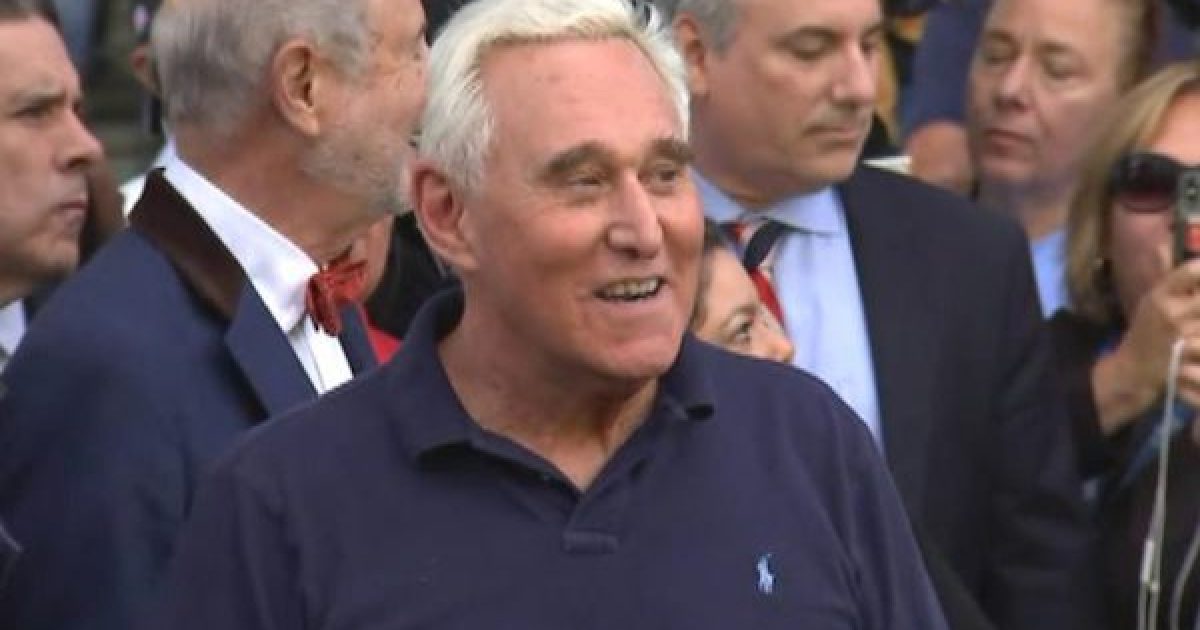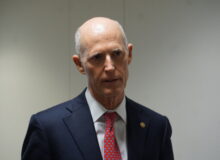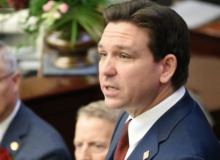Sometimes what the subject of an investigation doesn’t know can be as important, or more important as what the subject knows.
Andrew McCarthy has an excellent article at National Review this weekend. It discusses how the Roger Stone indictment clarifies what the Mueller investigation has known for months: that the evidence in the Russia probe shows the opposite of the probe’s premise. It shows that the Trump campaign organization did not have prior, complicit knowledge of what Russia may have been doing to “meddle” with the 2016 election.
In the course of laying out his case, McCarthy addresses an eye-catching passage in the Stone indictment (which can be read in full here). McCarthy alludes to the same thing that caught my attention, in paragraph 12 on page 4. The active voice in which background information for the charges against Stone has framed switches to a passive voice – just for this one element of the case – and the indictment is coy about the character(s) involved in the activity.
McCarthy puts it this way (emphases original):
After the hacked DNC emails are published in July 2016, a “senior Trump campaign official was directed to contact Stone about any additional releases and what other damaging information [WikiLeaks] had regarding the Clinton campaign.”
“Was directed”?Naturally, you’re thinking, “was directed by whom?” By Trump? Could be . . . Stone says it was not, but who knows?
McCarthy goes on to assert that it doesn’t really matter, or at least not as much as another point.
The point, however, is not who did the directing but why it was thought necessary to reach out to Stone. The Trump campaign had to ask Stone because it was in the dark.
I agree with McCarthy as far as that goes. Ultimately, I don’t think it matters who the two mysteriously “undenominated” parties were: the directing party, or the “senior Trump campaign official,” who is not given a denomination (such as Person 3, etc.) in the indictment.
A senior Trump campaign official who was in contact with Stone in October 2016 was reported in the last 24 hours to have been Steve Bannon. It’s possible that Bannon was the one who “was directed” to contact Stone in July, although that hasn’t been suggested publicly, as far as I can tell. If so, however, Bannon may have said that he was directed to make this inquiry to Stone in an interview with Mueller, or in testimony to Congress.
But this informative little passage in paragraph 12 isn’t phrased as if it was learned about from interviews or other documented investigative activities performed by the Mueller team – or, for that matter, gleaned from a separate investigative source such as testimony to Congress.
Cross Posted with Liberty Unyielding






